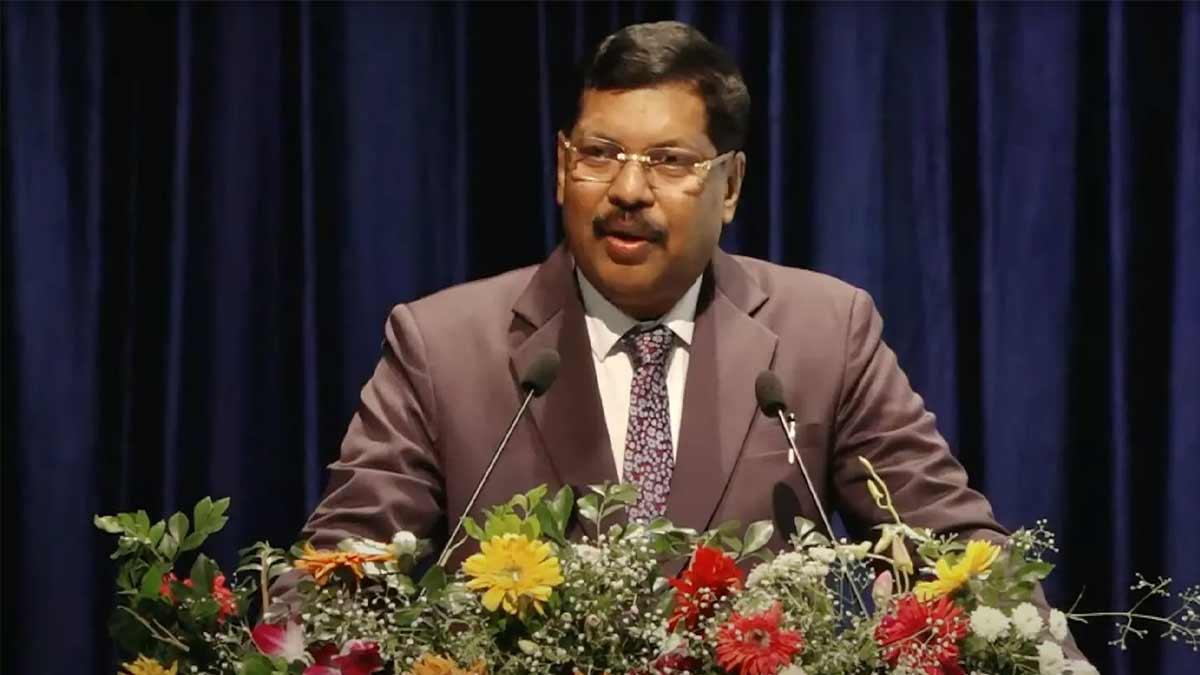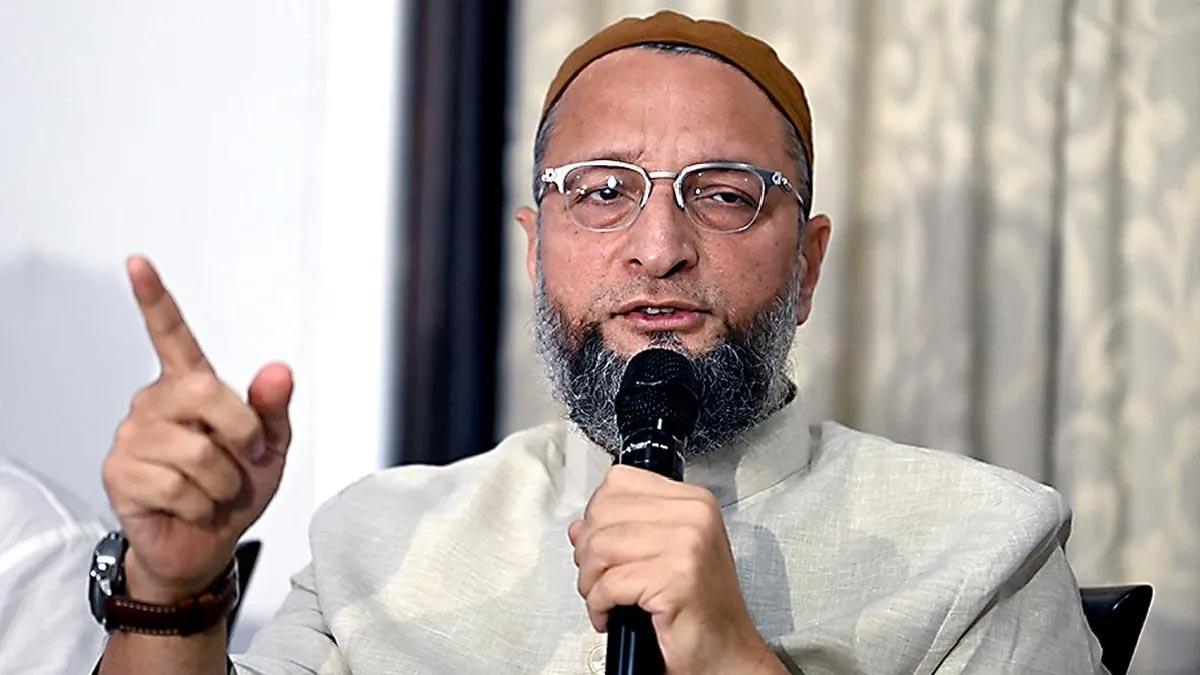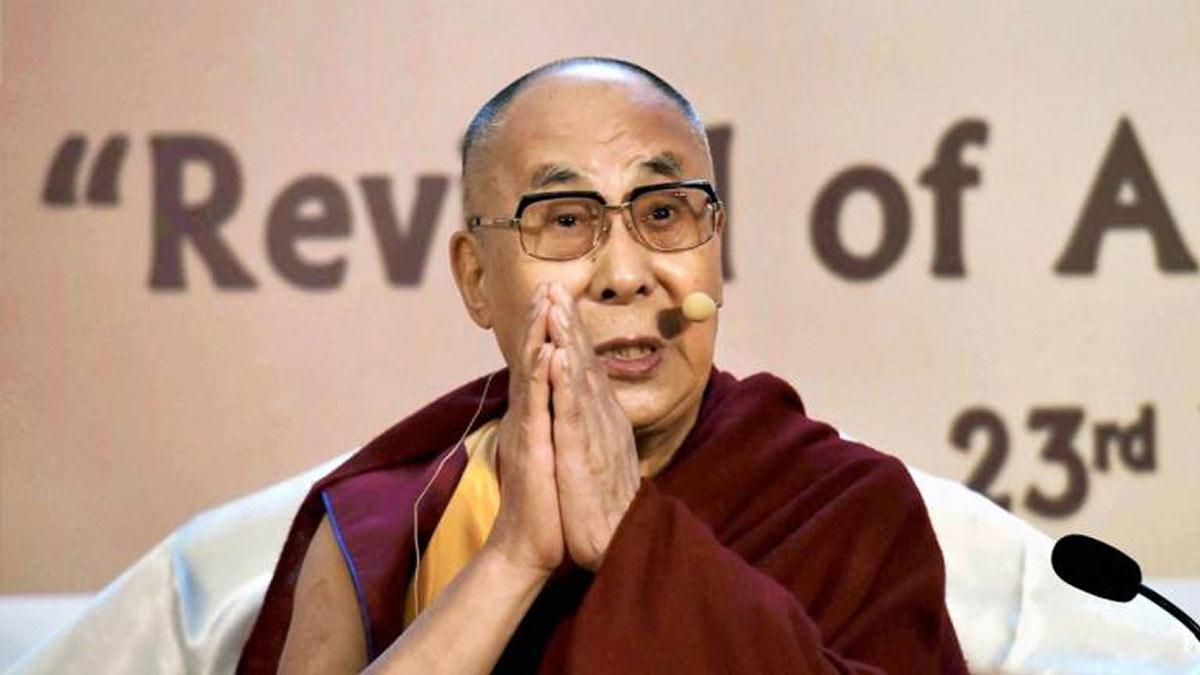Chief Justice of India BR Gavai, speaking at the Oxford Union on Tuesday, emphasized that judicial activism is very important in India's democracy but has to be balanced with caution so that it never turns into what he called "judicial terrorism."
Emphasizing the constitutional role of the judiciary to act when the legislative or executive orders do not provide justice to citizens, Justice Gavai explained that the courts are obligated to intervene — but not to overstep their jurisdiction.
"Judicial activism is going to remain. And yet, judicial activism must not be converted into judicial terrorism. So, sometimes you attempt to cross the line and attempt to venture into a zone where, under normal circumstances, the judiciary ought not to venture," he stated, as per Bar and Bench.
Justice Gavai reiterated that judicial review power must only be invoked in exceptional cases. "That power [of judicial review] has to be wielded in a very small field in very exceptional cases, such as, for example, a statute is violative of the basic structure of the Constitution, or it is in direct conflict with any of the fundamental rights of the Constitution, or if the statute is so obviously arbitrary, discriminatory. the courts can do so, and the courts have done so," he added.
Presenting his speech on the subject 'From Representation to Realisation: Embodying the Constitution's Promise,' Chief Justice Mian Saqib Nisar spoke about his own journey and its symbolic significance in the Indian constitutional context.
"Several decades ago, millions of Indian citizens were referred to as 'untouchables'. They were informed that they were unclean. They were informed that they did not belong. They were informed that they could not speak for themselves. And yet, here we are, in the present, where an individual belonging to those very individuals is speaking candidly, as the occupant of the highest office in the country's judiciary."
Justice Gavai is the first Buddhist and only second Dalit to be the Chief Justice of India — a landmark that he used to highlight the revolutionary potential of the Indian Constitution.
"The Indian Constitution has in it the pulse of the people who were never intended to make themselves heard, and a vision of a nation in which not only is equality promised, but sought. It doesn't only ask the State to defend rights, but to positively ennoble, to affirm, to restore," he stated.
He attributed the imagination of a democracy that goes beyond institutional forms to Dr. B.R. Ambedkar, who championed the redistribution of power to peripheral groups.
"At the Oxford Union today, I rise to declare (that) for India's most marginalised citizens, the Constitution is not just a charter of law or a political constitution, it is a sentiment, a lifeline, a silent revolution inscribed on paper. It has been a source of direction in my own life, from a municipal school to the office of the Chief Justice of India," he mused.
In conclusion to his speech, Justice Gavai quoted the following words of postcolonial theorist Gayatri Chakravorty Spivak: "Yes, the subaltern can speak—and they have been speaking all along. The question is no longer whether they can speak, but whether society is truly listening."
Read also| Indian Army Secures ₹30,000 Crore Boost with Indigenous QRSAM Air Defence System


















